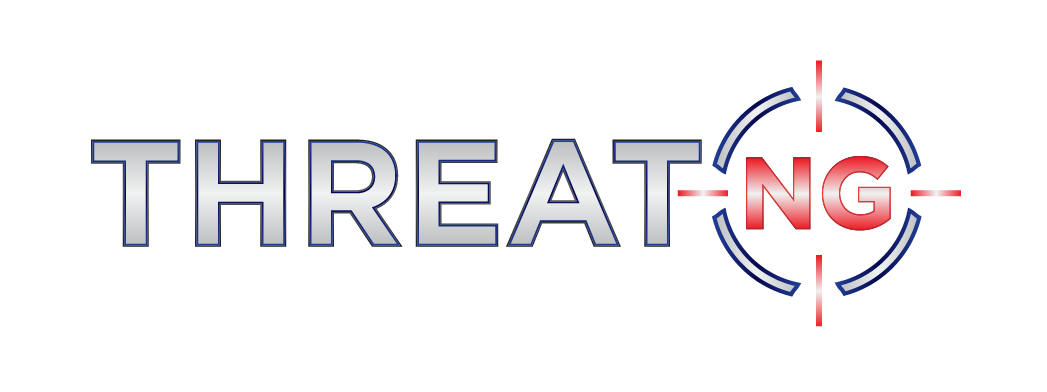Social Responsibility
Social Responsibility in the context of security and cybersecurity refers to an organization's commitment to ethical and responsible practices that not only protect its digital assets and data but also consider the impact of its security measures on society, its stakeholders, and the broader community. It involves recognizing that cybersecurity is not solely a technical concern but also a moral and societal one, requiring an organization to balance its security needs with ethical and social considerations.
Critical aspects of Social Responsibility in security and cybersecurity include:
Data Privacy: Ensuring that individuals' data and privacy are respected and protected in compliance with relevant data protection and privacy regulations.
Ethical Use of Technology: Adhering to ethical principles when deploying cybersecurity technologies, such as AI and machine learning, to avoid biases, discrimination, or harmful consequences.
Transparency: Being open and transparent about security practices and data handling, providing stakeholders with clear information about how their data is collected, used, and protected.
Community Engagement: Involving the local community and relevant stakeholders in discussions about the organization's cybersecurity practices and their potential impact on the community.
Social Inclusion: Ensuring that cybersecurity practices are inclusive and accessible to all, regardless of factors like age, gender, or disability, to avoid creating digital divides.
Responsible Reporting: Encouraging employees and stakeholders to report cybersecurity concerns and vulnerabilities and addressing these issues responsibly without retaliation.
Environmental Impact: Minimizing the ecological impact of cybersecurity operations, such as reducing energy consumption and e-waste.
Supporting Digital Literacy: Promoting digital literacy and security awareness in the community to help individuals protect themselves online.
Community Outreach: Engaging in community initiatives, such as offering cybersecurity training and support to local organizations or educational institutions.
In summary, Social Responsibility in security and cybersecurity recognizes the broader implications of security practices beyond the organization itself. It underscores the ethical and moral duty to protect digital assets and data while respecting individual privacy, promoting ethical technology use, and being accountable to the community and society. By considering the social impact of security and cybersecurity, organizations can contribute to a safer, more inclusive, and ethically responsible digital environment.
ThreatNG, the comprehensive External Attack Surface Management (EASM), Digital Risk Protection (DRP), and Security Ratings solution, enriched with the capability to evaluate "ESG Exposure" and monitor "ESG Violations," significantly contributes to an organization's Social Responsibility efforts, particularly in managing its external digital presence. By proactively monitoring and securing the organization's digital assets, ThreatNG ensures that data privacy, ethical technology use, and transparency are upheld. For example, it can identify vulnerabilities and data exposure risks within the external attack surface, preventing potential breaches that could compromise individuals' privacy and data security.
Moreover, ThreatNG complements and streamlines the handoff to existing ESG solutions and services by providing valuable insights and data. It can integrate with ESG reporting tools, assisting organizations in including cybersecurity as a critical component of their Social Responsibility initiatives. Additionally, ThreatNG collaborates with supply chain cybersecurity software, enabling organizations to extend their commitment to ethical technology use and community outreach to their digital supply chain. This holistic approach aligns Social Responsibility practices with broader ESG principles, safeguarding digital assets while promoting ethical and responsible security measures, ultimately benefiting society and the community.

